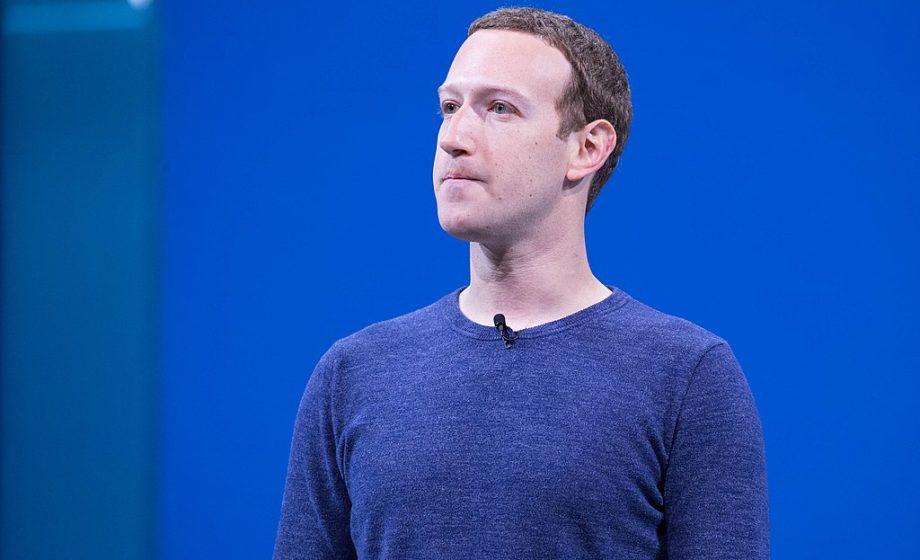Europe’s top court has ruled that Facebook can be ordered to remove illegal content from its entire global platform, even if it’s legal elsewhere, according to Politico,
The company’s CEO, Mark Zuckerberg, immediately said that he plans to challenge the decision by Europe’s Court of Justice in Luxembourg.
The court ruled that EU law allows judges to order global removal of hateful and defamatory material, along with identical or equivalent content, if it’s been ruled illegal in Europe.
Companies could now be forced to take a more active role in finding harmful content, instead of waiting to receive user requests for removal. The ruling could potentially affect any social media platform, search engine, or even a broadband access provider, that facilitates posts from users.
“EU law does not preclude a host provider such as Facebook from being ordered to remove identical and, in certain circumstances, equivalent comments previously declared to be illegal. EU law does not preclude such an injunction from producing effects worldwide,” the court said in a statement.
The case stems from a 2016 lawsuit by Austrian lawmaker Eva Glawischnig-Piesczek, over anonymous, defamatory posts. An Austrian court ordered the posts taken down, and Facebook complied on the Austrian version of its platform. In appeals, it was argued that the material should be removed globally, and that similar posts should also be removed.
The ruling is a step toward holding platforms responsible for content posted by their users, although the court said it wouldn’t force companies to actively screen content, with “general monitoring obligations” expressly prohibited by EU law. It said that monitoring should be limited to specific instances, such as defamatory posts and comments, in order to avoid interfering with users’ freedom to express themselves.
However, Facebook had argued that the move could nonetheless have a chilling effect on freedom of expression, and that one nation’s laws shouldn’t affect users in the rest of the world.
“This is something I expect us and other companies will be litigating,” he told company employees in a livestreamed question and answer session.
Digital rights campaigners have echoed Facebook’s argument. The rights group Article 19 argued that the move could prompt platforms to install automated content filters. Eliška Pírková, a policy analyst with the group Access Now, said:
“The court’s decision opens the door for serious restrictions on freedom of expression due to the takedown of legitimate speech. Extending removal to the vague concept of ‘equivalent’ content is harmful because the context as well as motivation of users re-sharing content may significantly differ with each re-upload.”
Photo by Anthony Quintano from Honolulu, HI, United States [CC BY 2.0 (https://creativecommons.org/licenses/by/2.0)]

